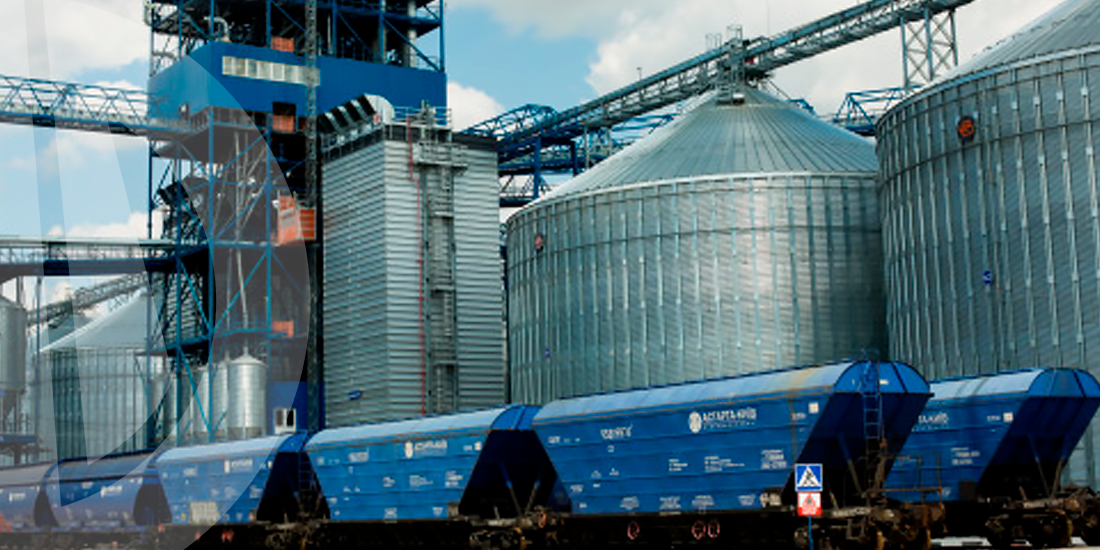
Key highlights:
ASTARTA’s consolidated revenues amounted to EUR172m in the 1H20 with exports’ share of 53%. The Agricultural segment’s revenues were EUR54m in 1H20 compared to EUR103m in 1H19 as majority of the grain and oilseeds’ 2019 harvest were sold by the end of 2019. A 3% y-o-y revenue growth to EUR57m helped the Sugar segment becoming the main contributor to consolidated revenues in 1H20. The Soybean Processing and the Cattle Farming segments generated EUR40m and EUR18m of revenues, correspondingly. EBITDA stood firm at EUR67m, almost at the same level as in 1H19. The Company paid down a further EUR20m of bank debt on a Cash Flow Basis leading to the Net Debt reduction to EUR239m as of 30 June 2020.
Agriculture
The Agriculture segment revenues amounted to EUR54m in 1H20 as majority of the grain and oilseeds’ 2019 harvest were sold by the end of 2019. Exports accounted for 96% of the Agricultural segment revenues in 1H20 versus 91% in 1H19. EBITDA totalled EUR53m in 1H20. As of August 12, the Company harvested early grains such as winter wheat and rapeseeds in the amount of 230kt and 4kt with an average yield of 4.8 t/ha (versus 5.1t/ha in 2019) and 2.6 t/ha, correspondingly.
Sugar
Sugar revenues amounted to EUR57m (up by 3% y-o-y) on improvement of realized prices to EUR354 per t compared to EUR329 per t a year ago. This lead to the EBITDA increasing to EUR8.1m in 1H20 from EUR4.0m in 1H19.
Soybean processing
The Soybean processing-related revenues totalled EUR40m, down by 12% y-o-y on lower sales volumes. Exports contributed 86% of revenues. The EBITDA margin declined from 11% in 1H19 to 9% in 1H20 on higher cost of sales due to regulatory changes in the industry.
Сattle Farming
Slightly higher revenues of the Cattle Farming segment (EUR18m in 1H20 versus EUR17m in 1H19) were driven by higher milk prices offsetting lower sale volumes. EBITDA margin improved to 22% in 1H20 from 21% in 1H19.
Сomments of Valery Sokolenko, Executive Director of ASTARTA:
«ASTARTA continues to demonstrate its resilient business model by delivering much needed hard currency revenues and taxes to Ukraine, cereals and feedstock products to global markets and reduced leverage profile to its shareholders amid very difficult macroeconomic backdrop created by the pandemic which disrupted not only the world’s largest economies but our every day-to-day life. We are fully prepared to face the challenges of the present times and continue servicing our customers in Ukraine and globally with sustainable and affordable food produce».
